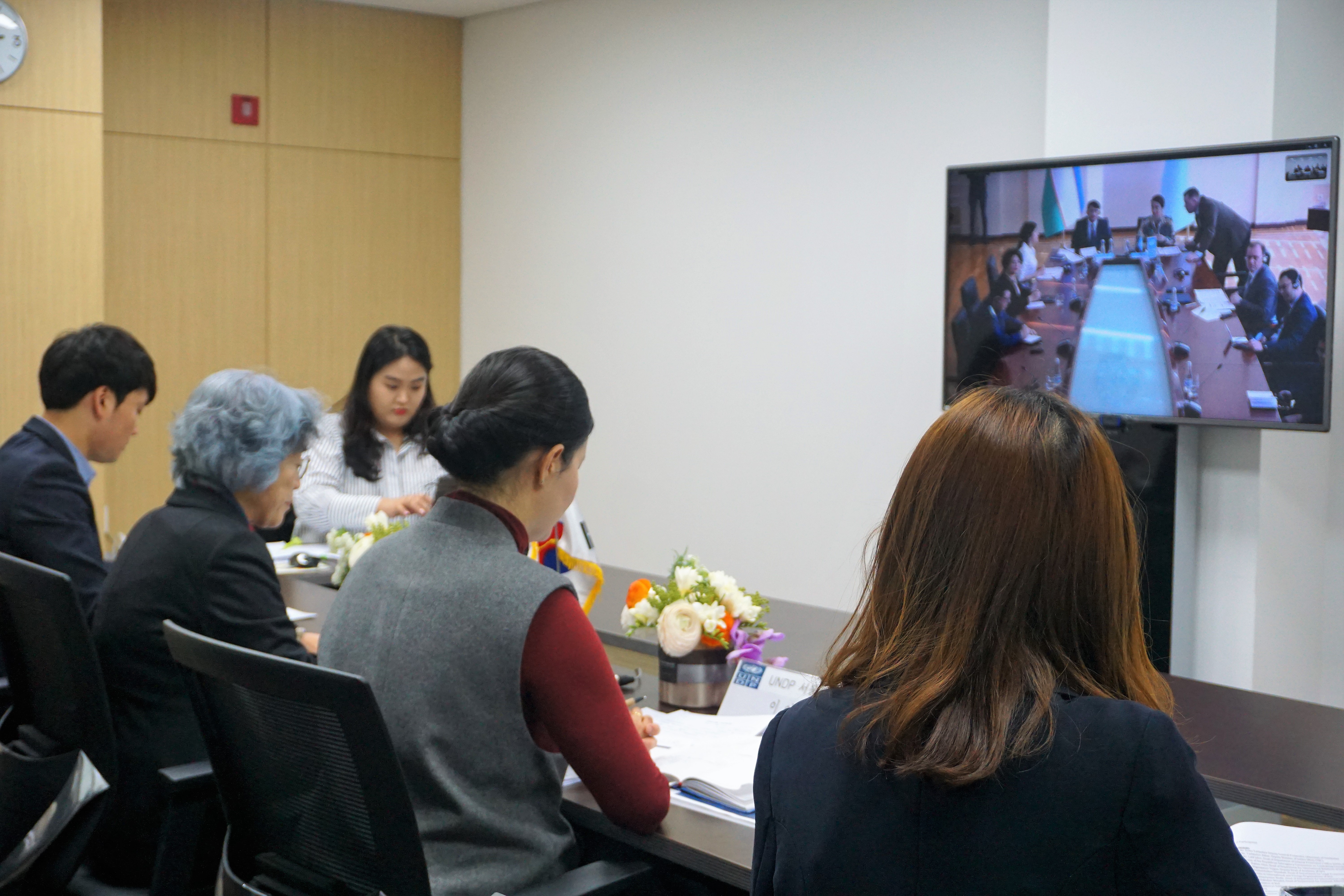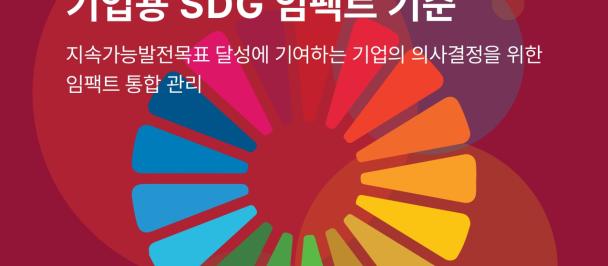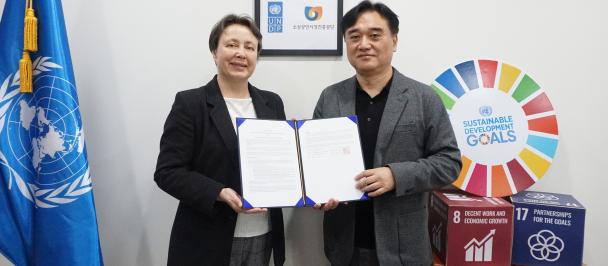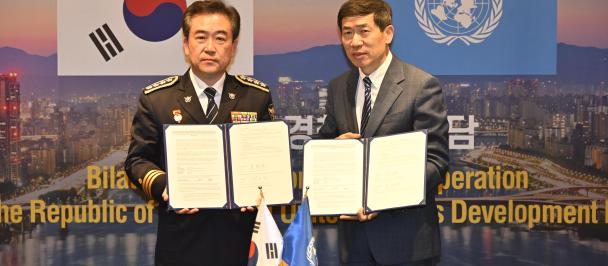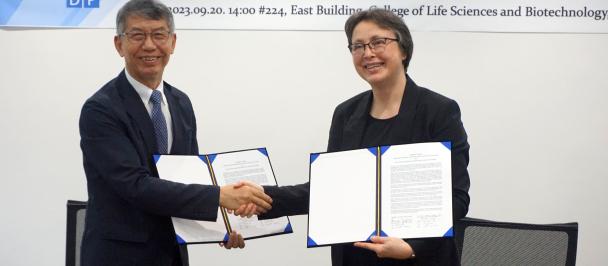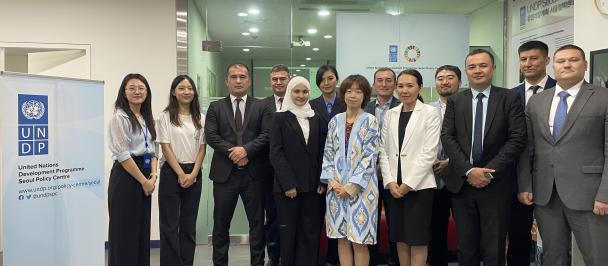As part of UNDP Seoul Policy Centre’s (USPC) Development Solutions Partnership (DSP) programme, a web-based seminar (webinar) was organized on 11 March 2019 with Korea’s Anti-Corruption and Civil Rights Commission (ACRC) and delegations from Uzbekistan. The one-year anti-corruption partnership beginning this year will focus on sharing and contextualizing Korea’s Anti-Corruption Initiative Assessment (AIA) tool to enhance Uzbekistan’s own anti-corruption measures.
The centre’s DSP programme is fundamentally directed to support the achievement of the Sustainable Development Goals (SDGs). In line with this purpose, the anti-corruption leg of the programme promotes the achievement of SDG Goal 16, Peace, and Justice, and Strong Institutions, through sharing of expertise on addressing corruption issues around the world.
Uzbekistan has demonstrated substantial efforts in tackling corruption and is one of the reasons why it was selected as a partner country by USPC for 2019. One prime example is the establishment of the Republican Inter-Agency Commission on Combating Corruption (the Commission), which was represented by the General Prosecutor’s Office (GPO) and the Ministry of Justice (MOJ) of Uzbekistan during the webinar. The Commission currently implements a monitoring tool composed of four types of anti-corruption monitoring measures and is looking to enhance its anti-corruption monitoring system of state bodies similar to Korea’s AIA mechanism, which makes this partnership with ACRC especially timely for Uzbekistan.
AIA is an anti-corruption policy tool operated by the ACRC of Korea. It has been conducted annually since its first launch in 2002, examining and monitoring the anti-corruption activities implemented by public organizations. As a policy tool that has proven its effectiveness, AIA not only incentivizes anti-corruption and integrity activities of institutions, but also encourages and awakens public administration by publishing and making the results of the assessment available to the public.
Both Korea and Uzbekistan’s anti-corruption institutions gave introductory presentations of their respective nation’s current corruption-fighting and assessing tools, which was followed by a discussion session. The webinar was also an opportunity to reaffirm the robust political will of Uzbekistan in setting preventive measures for corruption as the country’s priority. Ms. Un Jong Pak, the Chairperson of ACRC, stated in her remarks that strong will and leadership is essential when beginning anti-corruption efforts. “No matter how great they are, any anti-corruption policy implemented by an anti-corruption agency would hardly produce expected results without public agencies’ active engagement,” said Ms. Un Jong Pak. “Without Uzbekistan’s strong anti-corruption will, it might have been difficult to start this project.”
In response, Mr. Erkaboy Tadjiyev, the First Deputy Prosecutor General of Uzbekistan, said the delegations were continuously reminded of the “urgent need to consolidate the efforts of all government bodies and civil society, as well as the international community” to fight corruption globally. “I am confident that our partnership will be fruitful and beneficial for all its participants and will serve to further improve the process of combating corruption of the Republic of Uzbekistan,” he added.
Both the ACRC and the Commission expressed their anticipation towards future joint activities, through which they will dive into further detail and ensure contextualization of the AIA tool and its assessment methodology. As part of the DSP, USPC and UNDP Uzbekistan will continue to support the partnership to ensure its success.

 Locations
Locations